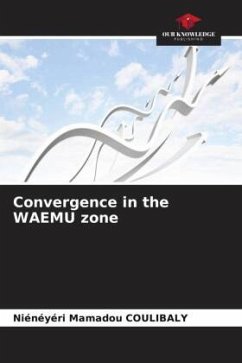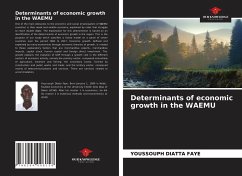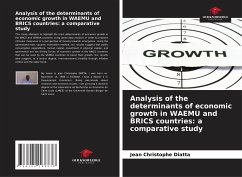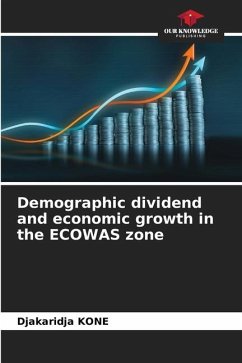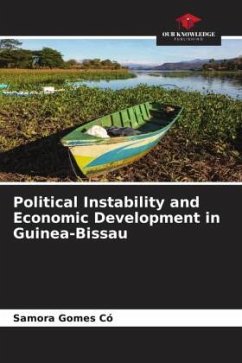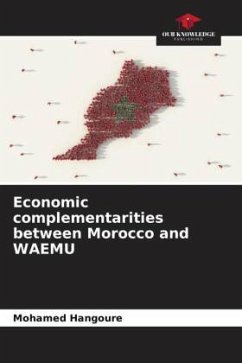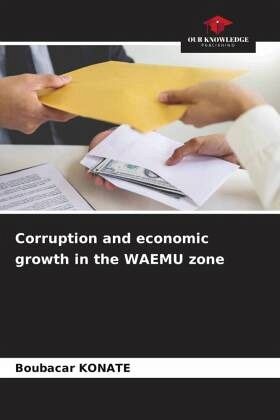
Corruption and economic growth in the WAEMU zone
Versandkostenfrei!
Versandfertig in 6-10 Tagen
29,99 €
inkl. MwSt.

PAYBACK Punkte
15 °P sammeln!
A complex and multidimensional phenomenon, corruption is now a central concern in economic development. UEMOA is one of the most successful sub-regional economic communities in terms of integration, yet remains one of the regions most plagued by corruption.Using a simple and dynamic panel econometric analysis, this book assesses the impact of corruption on economic growth in the UEMOA region over the period 1996-2017.It shows that the fixed-effect model provides the best estimates. The results of the simple panel show that the relationship between corruption and economic growth is identical ac...
A complex and multidimensional phenomenon, corruption is now a central concern in economic development. UEMOA is one of the most successful sub-regional economic communities in terms of integration, yet remains one of the regions most plagued by corruption.Using a simple and dynamic panel econometric analysis, this book assesses the impact of corruption on economic growth in the UEMOA region over the period 1996-2017.It shows that the fixed-effect model provides the best estimates. The results of the simple panel show that the relationship between corruption and economic growth is identical across all countries in the zone, and the behavioral coefficients are similar for each country and invariant over time. Variables such as real GDP, GDP growth rate, debt servicing as a percentage of GDP and corruption all have a positive and significant impact on investment. Public spending, on the other hand, has a negative impact. In addition, the dynamic model shows that political instability favors corruption in the WAEMU region.



